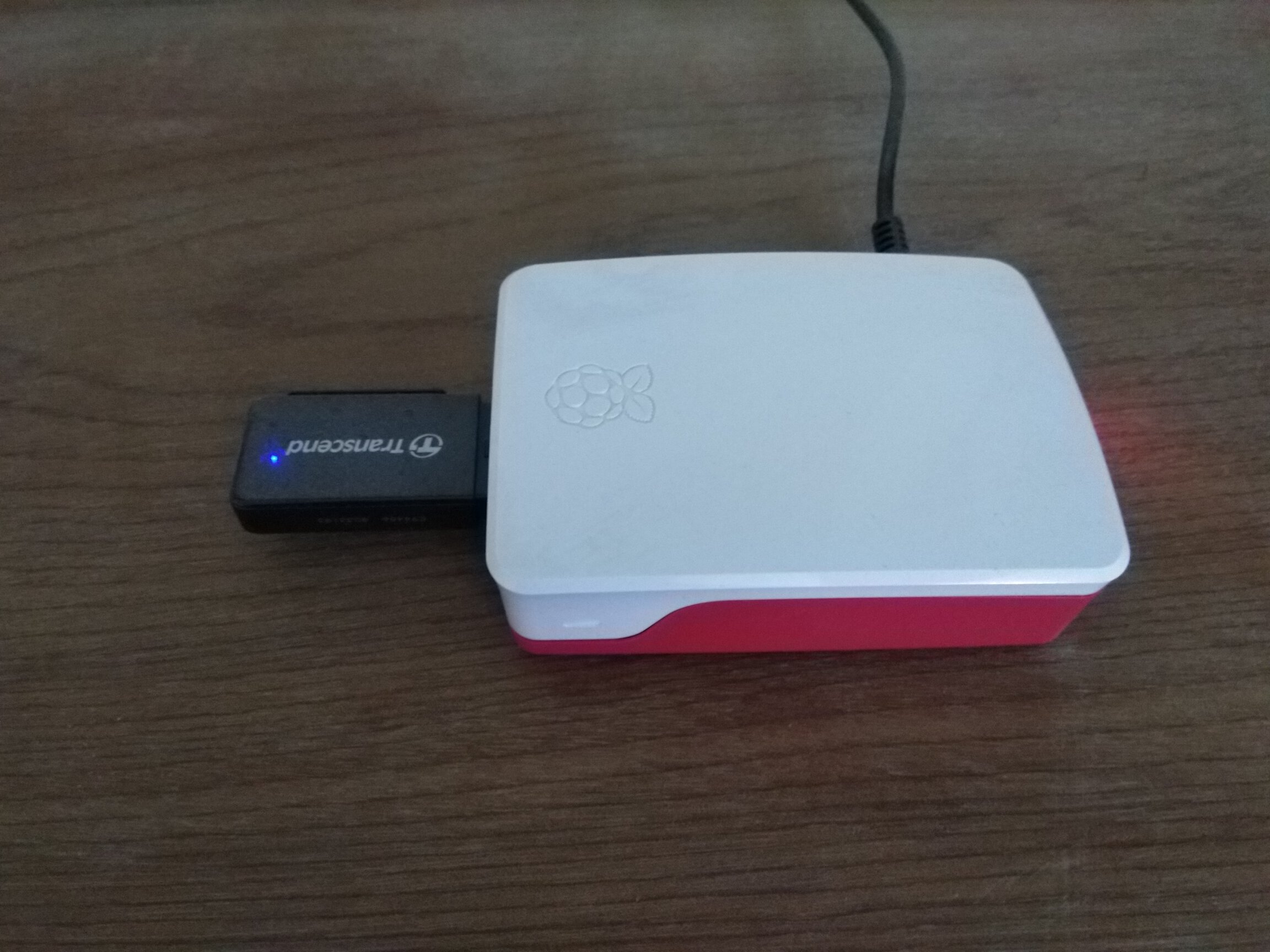Do not use jq when working with large number
2021-09-07
We use etcd to store application configuration. On production, config is loaded from json file by using Python.
I’m wondering if we can use jq to do that. So, I tried something like this:
host=${ETCD_HOST:-127.0.0.1}
port=${ETCD_PORT:-2379}
for key in $(jq -r 'keys[]' "$1"); do
value=$(jq -r ".$key" -c "$1")
ETCDCTL_API=3 etcdctl --endpoints="$host:$port" put "$key" "$value"
done
Config is loaded into etcd but some values are not the same as in the JSON file.
What is going on?
Automate office tasks with Python
2021-06-10
Hàng tháng bạn nhận được một file excel về danh sách D. Từ danh sách này bạn cần filter cột C theo tiêu chí T1 để lấy ra danh sách D1. Có được D1 rồi bạn Save As thành t1.xlsx. Làm xong T1, bạn tiếp tục với T2 -> t2.xlsx … Làm tiếp cho đến Tn -> tn.xlsx. Có được các danh sách t1.xlsx -> tn.xlsx này rồi, giờ bạn cần gửi mail:
- t1.xlsx: gửi cho P1, P2, P3
How to add full text search to my static website?
2020-12-30
After building the website, I want to add search function. There are some ways to do it:
- ElasticSearch: setup and maintenance cost
- MongoDB: have to insert posts into database
- Google Custom Search Engine: ads?
So, is there any search engine written in Go?
Bleve has more star and be maintained more often than riot, I would like to give it a try first.
Backend
Looking at the documentation, there are three steps to add search to your website:
How to perform integration testing in Go?
2020-09-29
Integration testing can be triggered by using Drone downstream plugin:
steps:
- name: trigger
image: plugins/downstream:linux-amd64
settings:
params:
- COMMIT_BRANCH=${DRONE_COMMIT_BRANCH}
repositories:
- repo/integration-test@${DRONE_COMMIT_BRANCH}
server: https://drone.example.com
token:
from_secret: drone_token
It can be separated with unit tests by using build tags:
// +build integration
package webserver_test
Then we can write code to perform integration test as usual.
Save draft mail in Zimbra web client using ChromeDP
2020-07-03
As an engineer, I want to automate everything as much as possible. This CLI tool is created to save a draft mail in Zimbra web client.
Read config file:
func initConfig() {
if cfgFile != "" {
// Use config file from the flag.
viper.SetConfigFile(cfgFile)
} else {
// Find home directory.
home, err := homedir.Dir()
if err != nil {
fmt.Println(err)
os.Exit(1)
}
// Search config in home directory with name ".zwc" (without extension).
viper.AddConfigPath(home)
viper.SetConfigName(".zwc")
}
viper.AutomaticEnv() // read in environment variables that match
// If a config file is found, read it in.
if err := viper.ReadInConfig(); err != nil {
log.Fatal(err)
}
fmt.Println("Using config file:", viper.ConfigFileUsed())
}
Google Calendar CLI
2020-04-13
Our company allows us to work from home some days a week. To do that, we have to create an event in Google Calendar.
I created this tool to run it from CLI.
First, take a look at this quickstart.
Create initical code by running:
$ cobra init
$ tree -L 2
.
├── LICENSE
├── cmd
│ └── root.go
├── main.go
Create event command:
$ cobra add event
$ cobra add insert -p 'eventCmd'
$ tree -L 2
.
├── LICENSE
├── cmd
│ ├── event.go
│ ├── event_insert.go
│ └── root.go
├── main.go
go/packages.Load: no packages found
2019-10-22
I have a mono-repo, structure like this:
repo
├── service1
├── service2
├── go.mod
I often open the root folder from the command line by using code .. After that I open a file in service1, and cannot go to definition. Here’s the logs from gopls:
[Info - 5:49:28 AM] 2019/10/22 05:49:28 20.675656ms for GOROOT=/usr/local/Cellar/go/1.13/libexec GOPATH=/Users/quanta/go GO111MODULE=auto PWD=/Users/quanta/go/src/github.com/owner/repo go "list" "-e" "-json" "-compiled=true" "-test=true" "-export=false" "-deps=true" "-find=false" "--" "/Users/quanta/go/src/github.com/owner/repo/a/b/c", stderr: <<go: directory a/b/c is outside main module
>>
[Error - 5:49:32 AM] Request textDocument/definition failed.
Message: go/packages.Load: no packages found for /Users/quanta/go/src/github.com/owner/repo/a/b/c/file.go
Code: 0
database/sql: never ignore errors
2019-10-16
I’m reading Building RESTful Web Services with Go. And in chapter 4, there is an example to play around with SQLite:
db, err := sql.Open("sqlite3", "./books.db")
if err != nil {
log.Fatal(err)
}
statement, err := db.Prepare("CREATE TABLE IF NOT EXISTS books (id INTERGER PRIMARY KEY, isbn INTEGER, author VARCHAR(64), name VARCHAR(64) NULL)")
if err != nil {
log.Fatal(err)
} else {
log.Println("Created table books successfully")
}
statement.Exec()
statement, err = db.Prepare("INSERT INTO books (name, author, isbn) VALUES (?, ?, ?)")
if err != nil {
log.Fatal(err)
}
statement.Exec("Life is a joke", "The Javna brothers", 123456789)
log.Println("Inserted first book into db")
rows, err := db.Query("SELECT id, name, author FROM books")
var tempBook Book
for rows.Next() {
rows.Scan(&tempBook.id, &tempBook.name, &tempBook.author)
log.Printf("ID: %d, Book: %s, Author: %s\n", tempBook.id, tempBook.name, tempBook.author)
}
How do I build this blog?
2019-10-11

Recently, I decided to find a new job as a Golang developer. So, I updated my resume, sent to my friends to ask for review. Then I submitted it enclosed herewith a cover letter to recruiters. Some didn’t reply, and the other replied with a message like this “You are so good, but I’m so sorry…”.
What is the reason?
As you can see in my resume, I started my career as a .NET developer, then my passionate on Linux and open source lead me to a different direction: system administrator. I dedicated myself to this role for a significant period before transitioning back to work as a Golang developer 2 years ago.
Auto reload your Go webserver with Gulp
2019-09-20
When you developp a webserver with Go, you must compile each time you do an update in your code. Well.. this is redundant. With Gulp you can automatize this task… Indeed, when a go file is modified, a task compile the application in the “bin” folder (“gopath/bin”) then another launch the executable (the webserver).
https://medium.com/@etiennerouzeaud/autoreload-your-go-webserver-with-gulp-ee5e231d133d
const gulp = require('gulp'),
util = require('gulp-util'),
notifier = require('node-notifier'),
child = require('child_process'),
os = require('os'),
path = require('path');
var server = 'null'
function build() {
var build = child.spawn('go', ['install']);
build.stdout.on('data', (data) => {
console.log(`stdout: ${data}`);
});
build.stderr.on('data', (data) => {
console.error(`stderr: ${data}`);
});
return build;
}
function spawn(done) {
if (server && server != 'null') {
server.kill();
}
var path_folder = process.cwd().split(path.sep)
var length = path_folder.length
var app = path_folder[length - parseInt(1)];
if (os.platform() == 'win32') {
server = child.spawn(app + '.exe')
} else {
server = child.spawn(app)
}
server.stdout.on('data', (data) => {
console.log(`stdout: ${data}`);
});
server.stderr.on('data', (data) => {
console.log(`stderr: ${data}`);
});
done();
}
const serve = gulp.series(build, spawn)
function watch(done) {
gulp.watch(['*.go', '**/*.go'], serve);
done();
}
exports.serve = serve
exports.watch = watch
exports.default = gulp.parallel(serve, watch)
 Quan Tong
Quan Tong